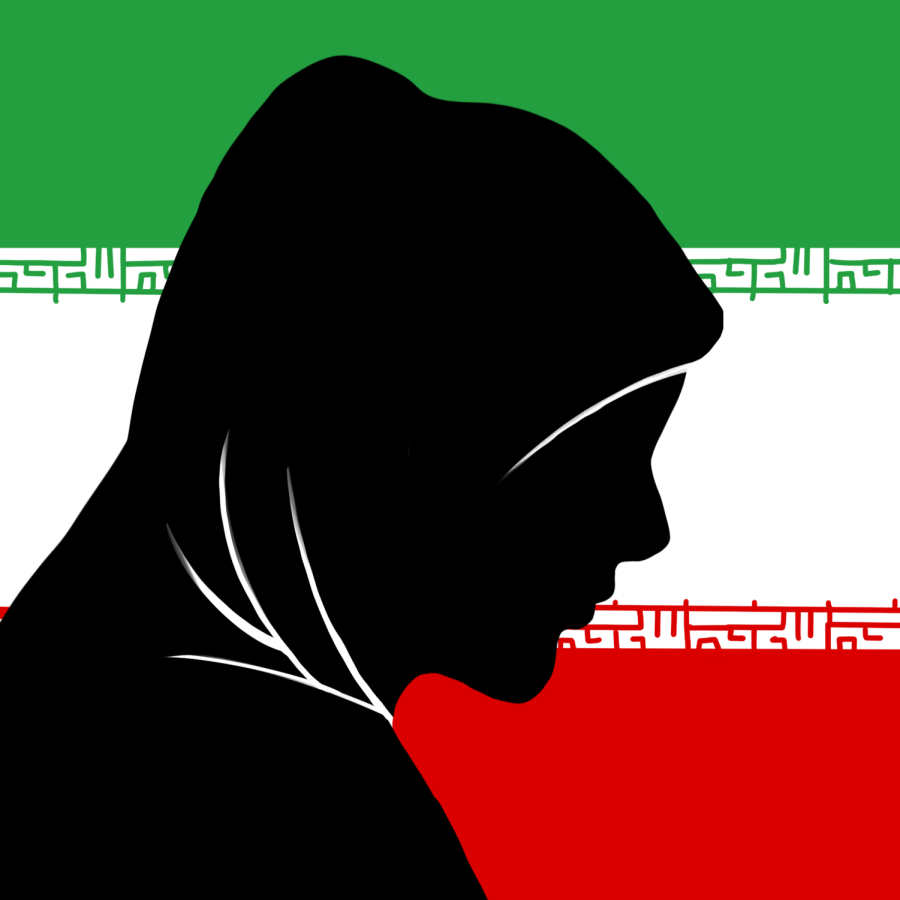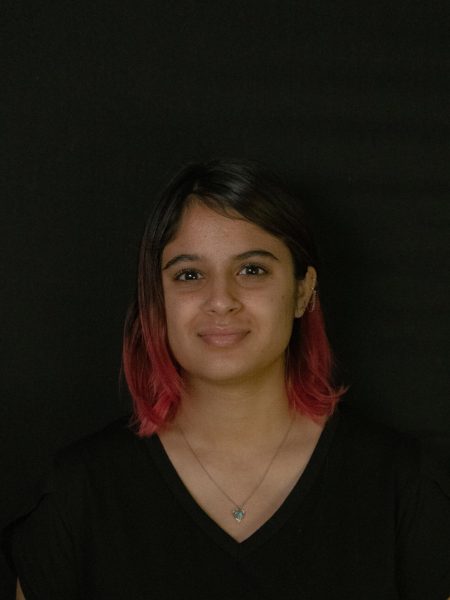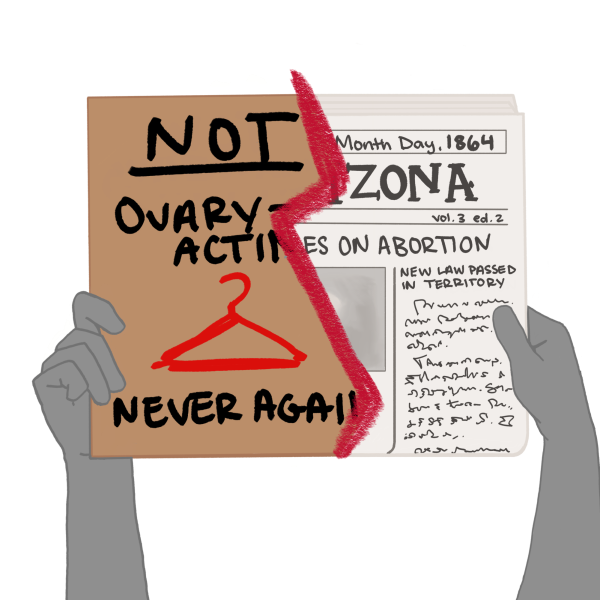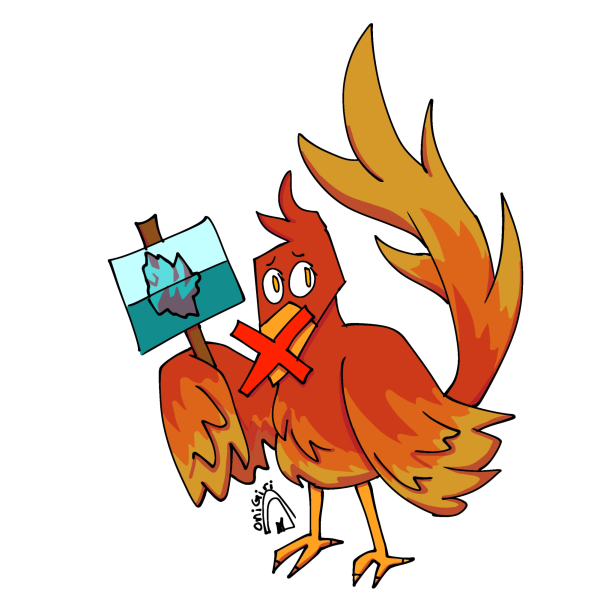Fabric leading to fatality
October 4, 2022
On Sept. 16, 2022, 22-year-old Mahsa Amini, a Kurdish woman from Iran, died due to police brutality. Her death has sparked outrage — with mass protests taking place in Iran and internationally against the Iranian government and the mandatory hijab law. Protesters in Iran have taken to the streets and have been met with force by Iranian police, resulting in approximately 221 wounded, 250 arrests and a rising death toll.
Amini was from Saqqez, Iran, a city in the Kurdistan province in the Western part of the country. On the day of her arrest, she was in Tehran to visit family. She was with her brother when she was arrested by the morality police for wearing an “inappropriate hijab” and then transferred to a detention center. Amini’s brother was told that his sister would be taken to a detention center to undergo a “briefing class” on the hijab and then released afterward. Instead, she was taken to Kasra Hospital and was pronounced dead on Friday, Sept. 16, after being in a coma for three days and suffering a cardiac arrest due to brain death. According to witnesses, Amini was beaten by the patrol in the van that she was to travel into the detention center.
The news of Amini’s death sparked outrage across Iran. The women of Iran have protested the mandatory hijab law by burning their hijabs. Videos circulated on the web of Iranian security forces firing on peaceful protesters in the city of Shiraz on day four of protesting. On the fifth night of protests, in the city of Mashhad, a woman climbed to the top of a police car and shouted, “We don’t want the Islamic Republic” as protesters set fire to another police car.
Internationally, protests have occurred, piqued by the presence of Iranian president, Ebrahim Raisi, at the United Nations this week, who delivered a speech to the UN General Assembly on Wednesday attacking the “hegemony” of the United States, neglecting to mention the protests taking place across Iran. In his speech, Raisi held up a picture of the late Quds Force commander, Qasem Soleimani, whose legacy is plagued in darkness. Raisi praised Soleimani as a hero and a victim, while in Iran, protesters burned down his poster. Raisi is also a member of the UN Women’s Rights Commission and is an alleged Holocaust denier. He was also rumored to be part of the Iranian regime’s death commission in 1988 which ordered the mass execution of 5,000 political prisoners.
On Wednesday, Sept. 21, Iranians experienced a near-total internet blackout after an Iranian official hinted that these measures would be taken out of “security concerns.” With the internet being down, it would be difficult for Iranians to organize protests and share information about the government’s crackdown on the Iranian people.
The hijab has been mandatory for the women of Iran since the Islamic Revolution of 1979, in which Iran saw a theocratic regime replace the Shah, the former head of state, who replaced the democratically elected socialist leader of Iran, Mohammed Mosaddegh. Mosaddegh was overthrown by the United States in 1958 and then replaced by the Shah, who was responsible for numerous human rights abuses.
The United Nations, European Union and the United States have condemned the death of Mahsa Amini. Iranians have taken to the internet and begged the world to be their voice, as they experience censorship in their country.













